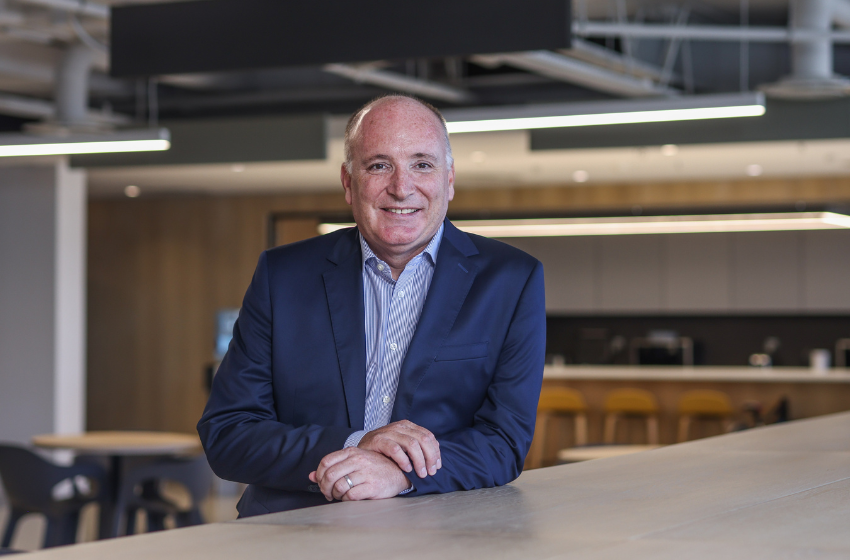Given the competitive landscape, organisations need to look at the holistic structure of their employees to ensure they attract and retain talent. Beyond earning a salary, what other ways can an employer improve the well-being of its staff? Providing everyday benefits can be a game-changer in this regard.
This is not only a South African challenge, but a global one. A 2023 study by the World Economic Forum found that 74% of employees consider benefits and well-being programmes a crucial factor when deciding whether to stay or leave their current employer.
Employee rewards have evolved beyond the traditional one-size-fits-all approach. A modern workforce requires something that can be tailored to meet their diverse needs. A recent survey has found that 81% of employees said that an employer’s benefits package is an important factor before accepting a job offer. Offering everyday benefits that address the unique requirements and values of all employees is therefore an essential component to drive engagement, enhance well-being, and strengthen the bond between them and their employers.
Understanding the modern employee
To truly make an impact, it is important for an organisation to understand and recognise where its employees are in their life stages and what they value most. Some of the most basic needs centre on transport, groceries, health and beauty products, and school fees. By having insights into this, an employer can tailor its everyday benefits to create a more meaningful connection with its workforce. By asking employees what is important to them and listening to their responses, a benefits programme can be developed that goes beyond traditional perks while also fostering a deeper sense of belonging.
In the current challenging economic environment where disposable incomes have come under significant pressure, everyday benefits can have a significant impact on employee engagement and satisfaction. Think of something like grocery vouchers that can help employees manage their daily expenses. More than that, it can also help drive behavioural changes that contribute to a healthier, more productive workforce.
Increasingly, companies are shifting from a minimum wage to providing a living wage. A rewards programme that reflects this by factoring in the specific needs of a demographically wide workforce becomes an important enabler for business growth.
Purpose-driven benefits
The shift from traditional perks to purpose-driven benefits is a strategic one, balancing the dual purpose of enhancing employee well-being while supporting business goals. This approach therefore not only considers the mental, financial, and physical well-being of employees, but it also aligns with the immediate objectives of the business.
One of the most effective ways to achieve this is by focusing on rewarding employees with instant gratification Year-end performance bonuses, while valuable, can be influenced by factors outside of the company’s control, making them less effective in driving consistent behavioural change. Incentivising employees shortly after they meet performance targets will enable the business to better reinforce positive behaviour and help motivate them for continuous achievement.
Additionally, this injects an element of immediacy and accountability into the process. So, if an employee does not meet the metric in a given month, they miss out on the reward.
Beyond offering financial incentives, companies can provide support through employee assistance programmes, wellness days, and educational webinars on topics such as time management and mindfulness. By making these programmes enjoyable and immediate, businesses can drive sustained engagement and productivity.
Overcoming benefits challenges
Very few companies can afford to give 10% annual increases. And everyone is feeling the pressure, from executives to entry-level employees. It therefore makes business sense to look at giving employees, benefits that can add value to their lives without significantly impacting on the business bottom line. A rewards programme featuring everyday benefits is that tool.
Everyday benefits have become a powerful tool in creating a healthy, engaged, and loyal workforce. By shifting from perks to purpose-driven benefits, we can build a workplace where employees feel valued, supported, and motivated to contribute to the success of the business.
Share via:




















